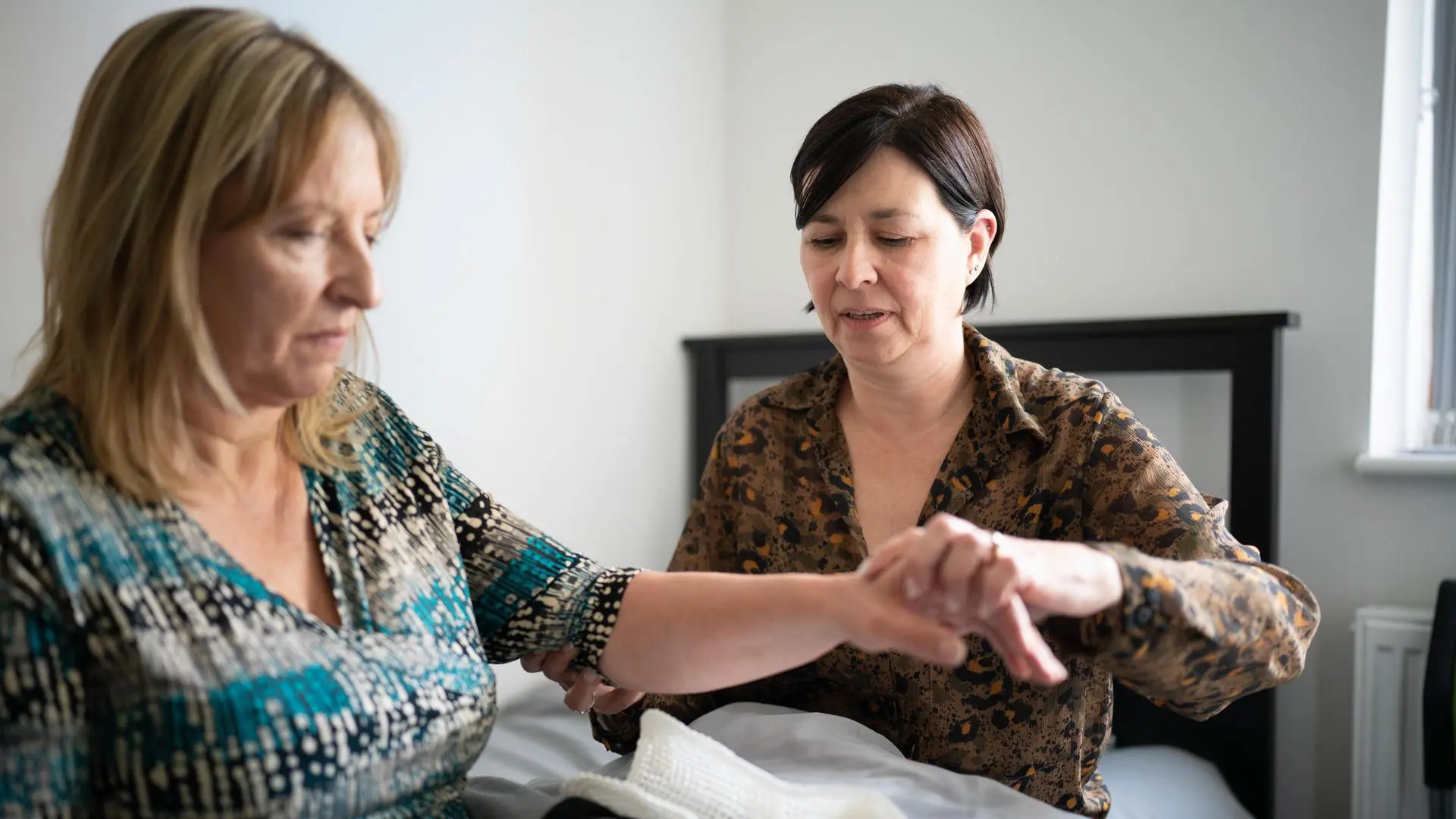Institute for Applied Health and Wellbeing (LIFE)
Our Research and Knowledge Exchange Institute supports the development of globally relevant applied health and wellbeing research and knowledge exchange activities across the University.

Our institute aims to foster:
- High-quality, globally relevant health and social care research
- Inter and cross disciplinary working, internally and externally
- The development of early (ECR) and mid-career researchers (MCR)
- Research capacity and capability building
- Patient, Carer, and Public Involvement (PCPI)
- Sustainability
The institute was established in 2018 and is aligned to the University’s Strategy for 2021-2028, and the sub-strategy for Real World Research and Innovation.
Part of this research contributes to the following UN Sustainable Development Goals (SDGs):
Membership of the Institute is flexible to meet our set objectives and is open to all our University’s School and Applied Health Research Hub staff members. Our ethos is to promote inclusivity rather than exclusivity, whilst ensuring academic excellence, active engagement, and delivery.
People considered as full members of the institute are those who have chosen us as their home institute. These members can also include those who contribute substantially to the activities of the Institute, such as:
- Steering Board members
- People who have received or are in receipt of funding awards (project leads)
- Individuals who provide key support and expertise for projects funded through us (methodologist etc).
Some of the opportunities we offer are only open to full members, such as placements for our University’s Undergraduate Research Internship Programme (UURIP) interns.
Associate members are those who have chosen to receive information about the opportunities and activities offered by LIFE, and may contribute to the Institute to a lesser extent. We have additional contributors to the Institute who receive information about the opportunities and activities, or who we can call on, on an ad hoc basis for specific advice and expertise.
Supporting high-quality research
We’ve provided over 65 grants resulting in over 30 applied health and wellbeing research external funding applications.Promoting knowledge exchange
We’ve facilitated research partnerships, with over 70% of LIFE funded projects involving external partners.Involving the public
We’ve involved patient and public partners on 80% of projects and support public engagement events.
Research centres and groups
Our academics
Caroline is one of only two UK nursing professors of stroke care and leads the internationally renowned Stroke Research Team; Director of Lancashire Clinical Trials Unit (CTU); Director of UCLan Research Institute For Global hEalth and Wellbeing – LIFE; Implementation Lead/Deputy…

PhD, 2013, University of Central Lancashire | University Certificate IT and Statistics in Health, 2006, University of Central Lancashire | MA Health Research, 2003, Lancaster University | Post Graduate Certificate in Teaching and Learning, 2005, St. Martin's College (University o…
